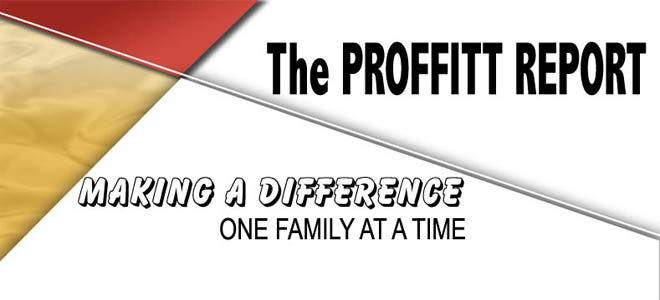Preventing Accidental Poisoning
Poison control centers around the United States handle one poison exposure every 15 seconds. Of those calls over 50 percent concern children under the age of six. In an effort to protect those you love, we felt it necessary to share some important tips for preventing accidental poisoning.
We've just given you two very frightening statistics concerning poisonings in the United States. Here are a few more, courtesy of the American Association of Poison Control Centers:
89% of all poison exposures occur in the home. Most of these in-home poisonings involve everyday items such as cleaning supplies, medicines, cosmetics and personal care items.
92% of all poison exposures involve only ONE poisonous substance.
86% of all poison exposures are unintentional.
75% of all poison exposures involve ingesting a poisonous substance.
The most common forms of poison exposure for children under the age of six are (in order): personal care products, cleaning substances, analgesics, and plants.
So, what can we take away from the above data? Very simply, our children have the greatest chance of being poisoned in our very own homes, by products that belong to us. While you're allowing that idea to sink in, let us point out that there is some good news. Considering where and how most poisonings take place, educating yourself and your children about the dangers in and around your home will greatly reduce their chances of being accidentally poisoned.
10 Tips That Will Save Lives
According to the Poison Control Centers, the following are the top 10 ways to keep children safe from poison.
10. Keep potentially harmful products such as cosmetics, perfume, cigarettes, alcohol, vitamins with iron, and over-the-counter drugs clearly out of reach.
Keeping toxic products out of the reach of children almost seems like pointing out the obvious. What we found interesting about this tip, however, were some of the items listed.
You may not think of cosmetics, perfume and vitamins as being dangerous, but when ingested by young children many products can become toxic. In addition to keeping these items out of their reach, we suggest minimizing your use of them while children are present. Watching you apply make up and perfume may be all it takes to spark a child's curiosity.
9. Know your plants!
Many plants, both inside and outside your home, can be toxic. For a list of the most common toxic plants, log onto www.poison.org. It is also recommended that you tell your children to NEVER ingest a plant, mushroom, or berry, unless an adult (preferably a parent) gives it to them.
8. Many poisonings occur when a product is in use. If the doorbell or phone rings, or there are other distractions, keep the product with you.
This is a great idea on paper, but the hard part is remembering to do it when a distraction occurs. We suggest adopting the mindset ahead of time. Whenever using household cleaners in the presence of younger children, consciously tell yourself that if something comes up, you will either first secure the product away, or keep it on your person.
7. Do not take medicine in front of young children.
Children love to imitate their parents, so be smart when you take any type of medicine.
6. NEVER call medicine "candy".
This is a trick used by many parents in order to get their children to take medicine. The problem is that it has the ability to backfire. The bottom line is that medicine is not candy and it should never be thought of as such.
Children should also be instructed to NEVER take medicine unless a parent gives it to them.
5. Keep medicines and household products/cleaners out of reach and in locked cabinets.
Since medicine and household products/cleaners are some of the more toxic products in our home, it is not only important to keep them out of a child's reach, but to also keep them in a locked cabinet. Children go from crawling to climbing very quickly, so it's important to be prepared.
4. ALWAYS keep products in their original containers.
This is incredibly important for two reasons. The first has to do with establishing consistency when it comes to the products in your home. Second, many household products come in bright, vibrant colors. Storing these products in clear bottles can be an invitation for a child to investigate.
3. Do NOT store food products and household cleaners in the same location.
Once again, this is all about establishing consistency within your home.
2. Ask for child resistant containers.
While they are fairly standard with most medicines, you must insist that any medicine you purchase comes in a child resistant container. If you have trouble opening these types of containers, check with your pharmacist for acceptable alternatives.
1. PLACE THE PHONE NUMBER TO THE POISON CONTROL CENTER IN YOUR AREA, EITHER ON OR NEAR EVERY PHONE IN THE HOUSE.
Putting the number on speed dial is fine, but it is not enough. This phone number needs to be visibly posted, so that anyone needing to make the call has the information directly in front of him or her on every single phone in the house.
We hope the information provided will be taken to heart and used, as it has been shown to greatly reduce both poison exposures and fatalities for children. For more information on the subjects of poison exposure and prevention, call the National Poison Help hotline at
1-800-222-1222.
Subscribe to:
Post Comments (Atom)










No comments:
Post a Comment